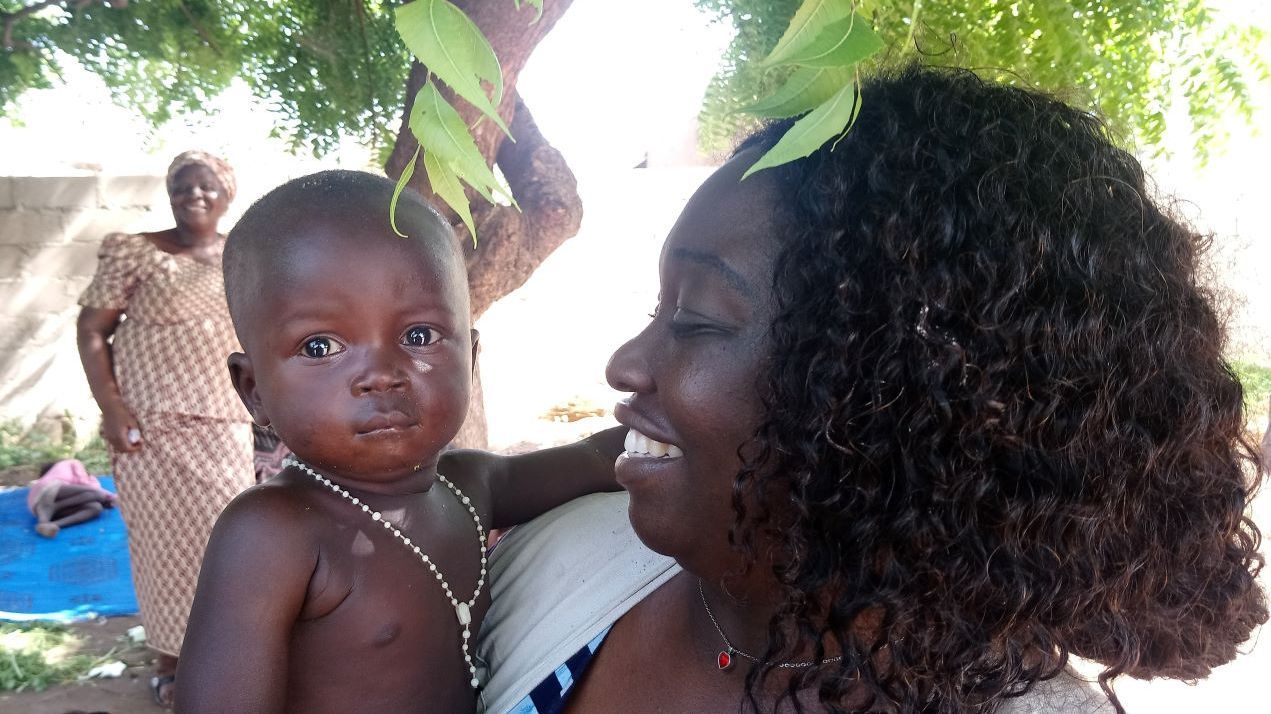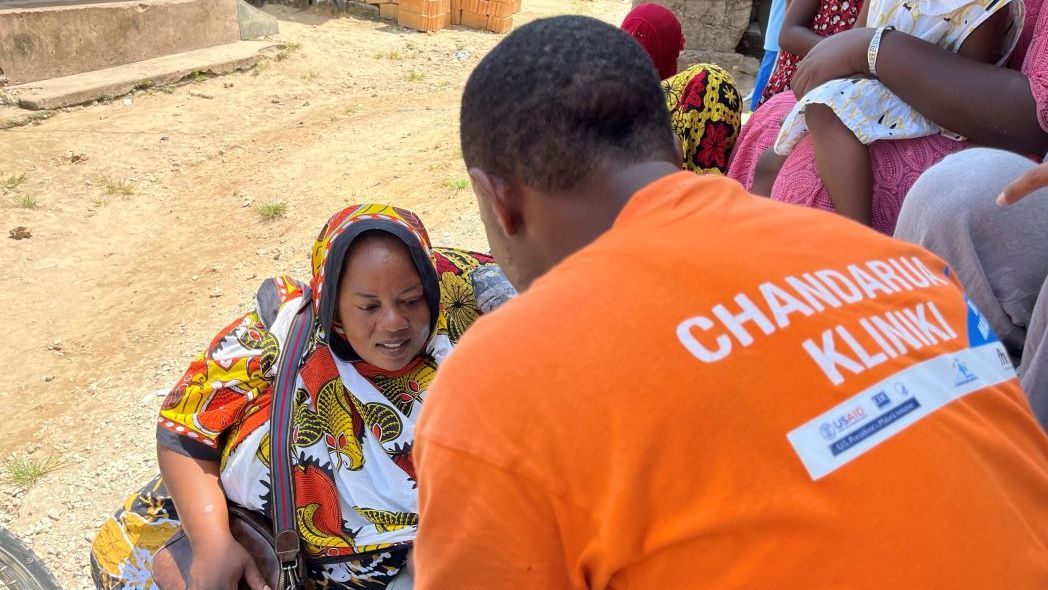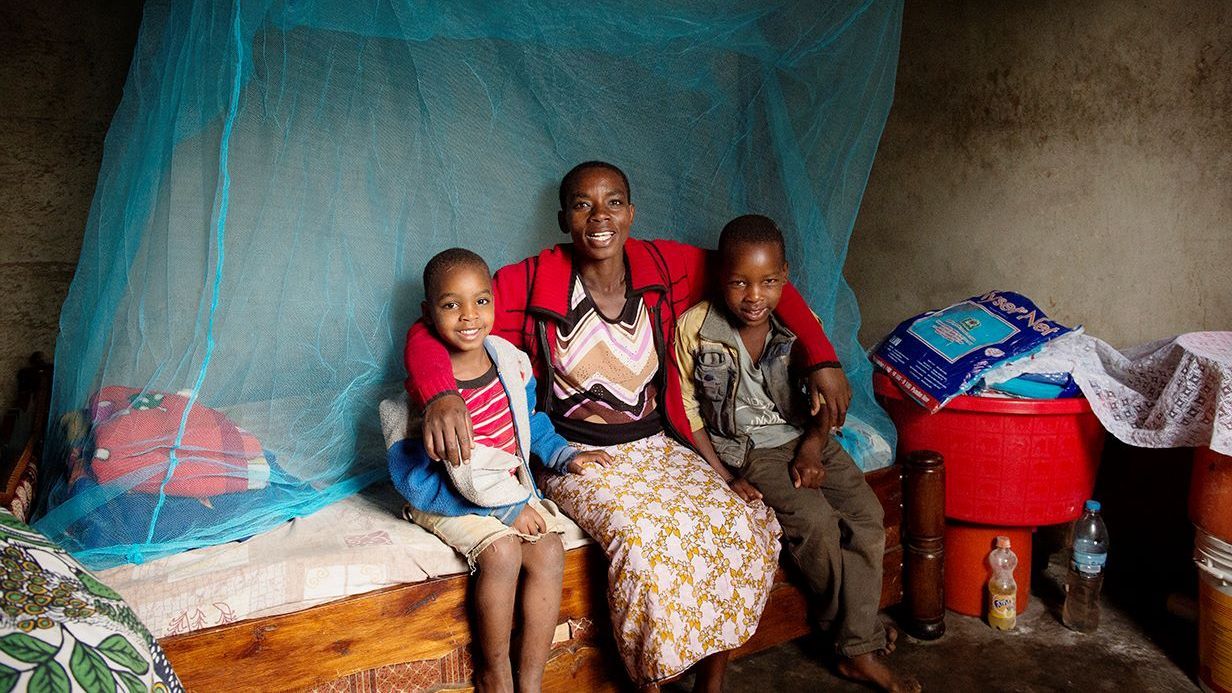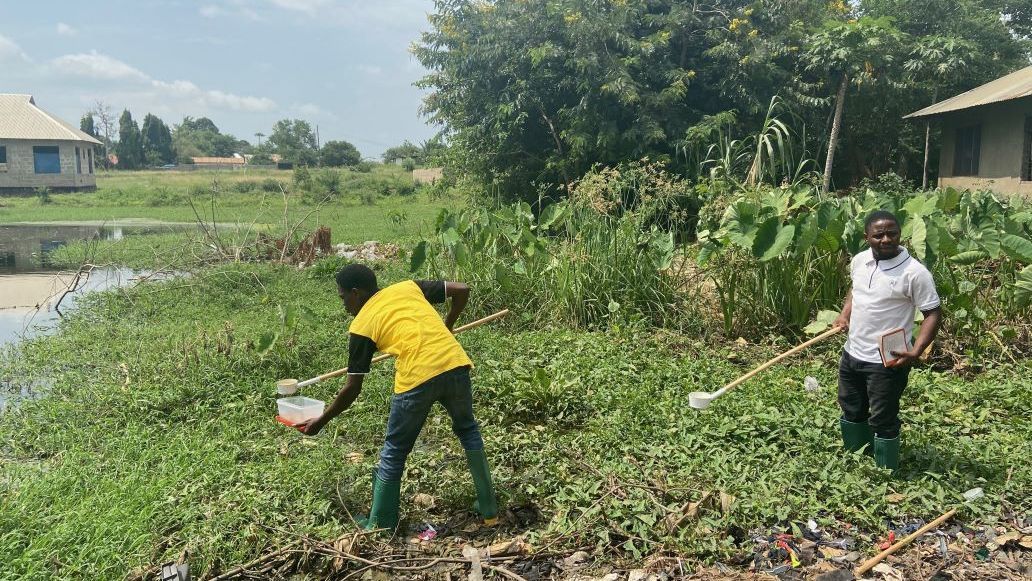Intervention Studies and Implementation Research
Malaria interventions that have been tested in laboratory studies and randomised controlled trials are candidates for large-scale implementation to reduce the burden of malaria and eventually achieve elimination. These may can be it vaccines, drugs, diagnostics, vector control measures, or even surveillance-response systems. However, whether an intervention will make a useful contribution on a large scale depends on additional considerations, particularly on the intervention’s effectiveness and cost-effectiveness in the “real world”.
At Swiss TPH, we validate promising malaria interventions in large-scale field studies, and conduct implementation research to understand what is required to make an intervention work effectively in a particular health and social system. In doing so we generate scientific evidence to support decision makers at local, national and global levels.
Project Highlights

Community Access to Rectal Artesunate for Malaria (CARAMAL)
Children with severe malaria need immediate injectable treatment to prevent death and disability. For children living in remote areas, the World Health Organization recommends artesunate suppositories to bridge the time until the sick child reaches a hospital. This emergency treatment has shown promising effects in a clinical trial. In a large-scale study in DR Congo, Nigeria and Uganda, we found that the protective effect of pre-referral rectal artesunate was undermined by shortfalls in referral systems, and in post-referral treatment at higher-level health facilities. The findings led to a review of WHO guidelines. Read more

Reactive Case Detection in Zanzibar: Effectiveness and Cost (RADZEC)
In countries approaching malaria elimination, individual case-based surveillance and targeted response to individual malaria cases becomes a cornerstone of malaria control and elimination efforts. We investigated to what extent Reactive Case Detection implemented by the Zanzibar Malaria Elimination Programme (ZAMEP) can detect and eliminate malaria infections and contribute to malaria elimination on the islands of Zanzibar, Tanzania. We found that low-density infections in the community and imported cases from outside of Zanzibar require additional complementary interventions to progress towards local malaria elimination. Read more

Long-Term Survival Effect of Insecticide-Treated Bed Nets
A 20-years follow-up study of an insecticide-treated bed net programme carried out in the Kilombero Valley, Tanzania, in the 1990s by Swiss TPH and its partner IHI, demonstrated that the child survival benefit afforded by treated bed nets in the first years of life lasted into adulthood. Read more

Larviciding
Since 2000, Swiss TPH supports the Tanzanian National Malaria Control Programme (NMCP) with extensive technical advice. This is possible through a grant from the Swiss Government to the “Towards Elimination of Malaria in Tanzania” (TEMT) project. Since 2021, TEMT implements a large-scale larviciding programme in Tanga Region to investigate the impact of larviciding on malaria transmission and on malaria incidence. TEMT also assesses the operational feasibility of a government led programme and its cost. Read more